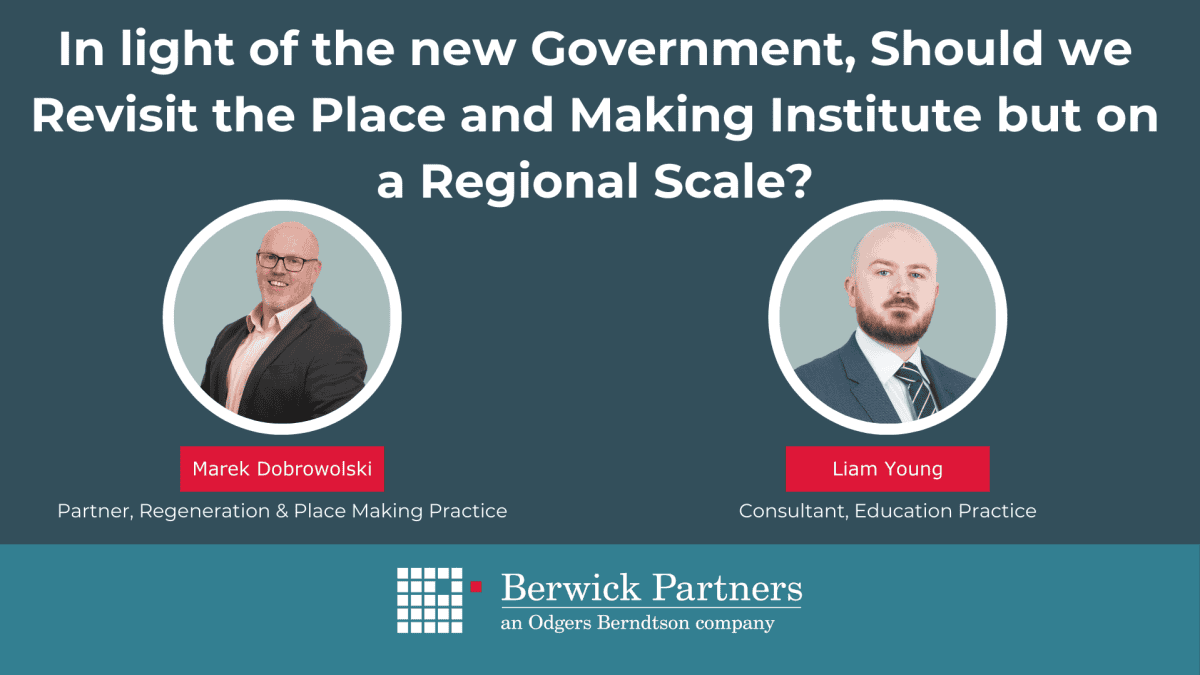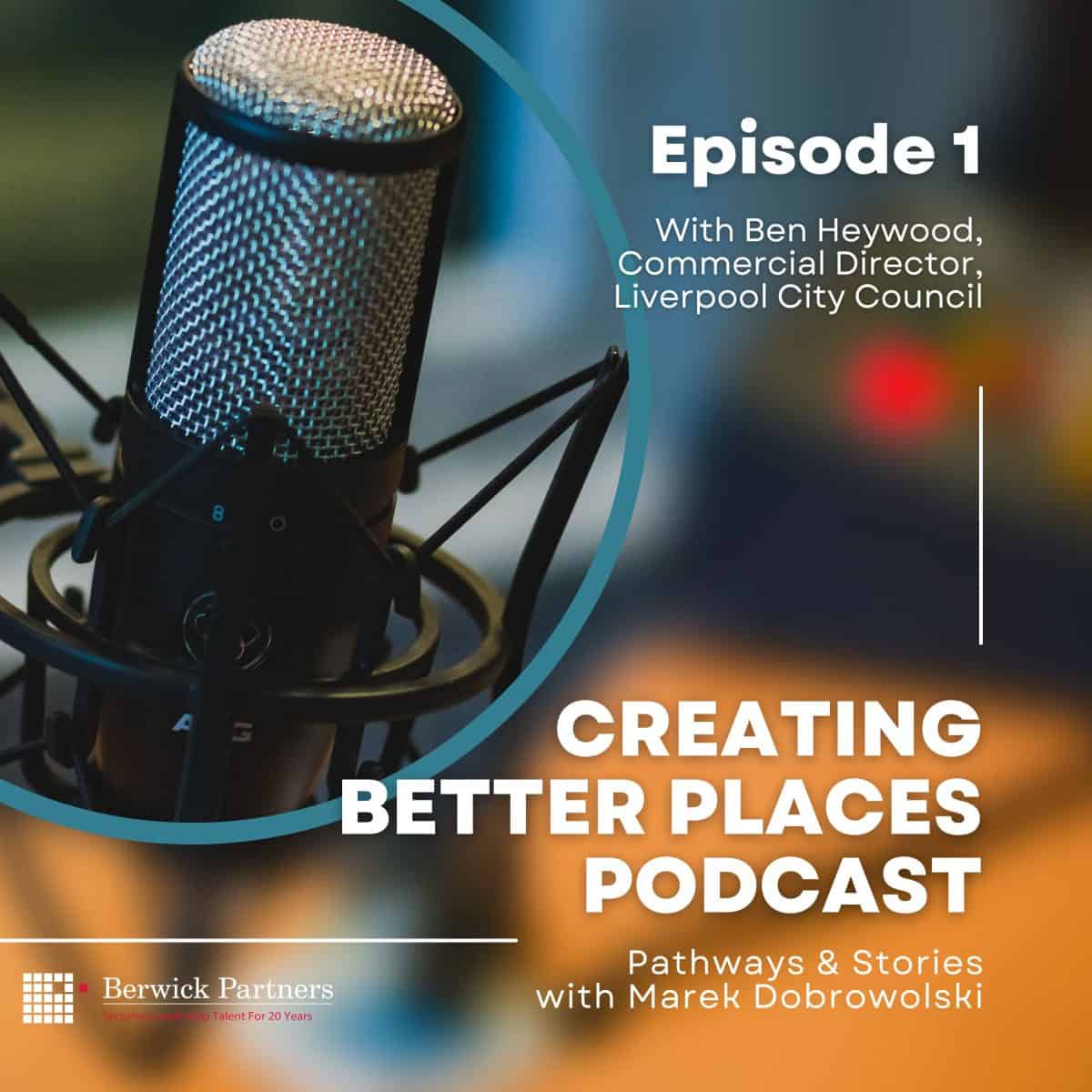Getting under the skin of council housing companies
This time last year, a Housing Today research piece showed that 58 councils had established housebuilding companies. At the same time, here at Berwick Partners, we were working with councils in Barking, Bexley and Havering as those authorities sought to use this type of model to move their own housing development piece forward. Fast forward a year and my belief is that the number of councils with such vehicles has at least doubled. Presently almost half of my work is directly linked to councils delivering new housing.
The past few weeks have seen the announcement of companies being set up in Harrogate, Allerdale, Shropshire and also potentially in Portsmouth, and given the platform it provides MIPIM may well see more announcements. It is also the topic that is by far and away the most common one I discuss with clients – not just, as you would expect, from those in the public sector, but also those in the private sector.
On the face of it the scale of companies being established could be compared to the days of stock transfer and ALMOs, but look further and the picture is very different. The vast majority of these companies exist as Special Purpose Vehicles (SPVs) used by authorities to assemble, procure, finance and commission new developments. Maybe 20% of them are physical organisations that, if you were a developer, investor, or even a potential buyer, tenant or member of the community, you could go and see. SPVs in this form have existed for a long time – and do more than develop housing – but at a time when the need for housing is so acute, and when local authorities’ finances are so integrally linked to their ability to be self-sustaining, how effective are shadow or shell companies at really putting some oomph into actual houses coming out of the ground? I think the jury is most definitely still out.
In our work we have seen the whole plethora. From Havering, where for Mercury Land Holdings we appointed a former Development Director from the commercial sector into a Non Exec / Special Advisor role. Their remit was to work with the council’s internal regeneration, development and finance teams and to also provide internal challenge, perspective and advice as to how developers and tenants might view schemes. At the other end of the spectrum is the work we have done with Barking and Dagenham in helping establish Be First; now a 60 strong arms-length company that will directly deliver 3,000 homes for the council and will oversee the delivery of over 25,000 homes, increasingly acting as a full DevCo.
For me, Be First is one of the most interesting and exciting companies to emerge from local authorities in recent years. It’s an organisation that has real teeth, real resources, and a real focus on what it wants to achieve, and what it has been established to do. It is working and acting in a highly commercial manner, but thoroughly committed to delivering top quality communities, with an absolute focus on ensuring there are significant social benefits at the same time.
In large part this is testament to the way that LB Barking and Dagenham set up the organisation. They chose to transfer a large element of the council’s regeneration team into the company and tasked us to attract and secure a blended senior management team that would contain within it deep development, planning and construction experience gained within the commercial sector. Be First is far more than just a residential developer. The focus it has, the confidence it has instilled within the council (its board, chaired by Lord Kerslake, is entirely independent) the tools and levers it has at its disposal and the blend of skills it has within the team, mean that it is in effect an arms-length Place Making body.
It has been no easy task; candidates in the private sector are still tremendously wary of making a move into the public sector, for all the reasons you can guess: bureaucracy, lower salaries, concern about the organisation’s ability to effect change, wariness of not being allowed to truly act in a commercial manner. However, Be First and other bodies like it offer roles in Place Making that allow people to see the whole of the Place Making cycle, in a way that the commercial sector cannot really replicate. It is not easy; these skills are in demand across the public and private sectors, and it takes very specific, distinctive candidates to make the move. At Berwick Partners we are uniquely positioned to be able to find these candidates, given that 70% of our work is within the commercial sector. Our insight and our reach means we have been able to attract some of the most talented individuals in the commercial sector into roles in arms-length bodies, predominantly because of the challenges and complex and professional landscape they will get the chance to work in.
In my eyes other bodies established along similar lines to Be First, and the likes of BexleyCo, Croydon’s Brick by Brick solution, offer the ability to really get the best of both worlds, commercial and public – if, and this is the critical bit, if they are set up correctly and are backed by their parent council, not just financially, but allowed to act commercially and trusted to focus on social value.
On reflecting on my experience of working with most of the companies set up, it is trust which is probably the biggest issue. In creating organisations with the specific intention to act commercially, and by bringing in candidates who have this experience and way of thinking, it is paramount to let those individuals act and work to the best of their ability. It means, on the part of councils, resisting the temptation to try and turn the commercial skills you wanted into something that feels closer to those you already have, or to duplicate effort just to be on the safe side.
So as more and more councils announce the creation of housing companies, my eyes will be on how many become more than just SPVs, truly having the teeth and resources to make a real difference in increasing housing numbers and, importantly, creating sustainable Places.
Marek Dobrowolski leads our Place Practice nationally. His focus is on Regeneration, Economic Development & Infrastructure appointments in Local Government and its associated agencies.






